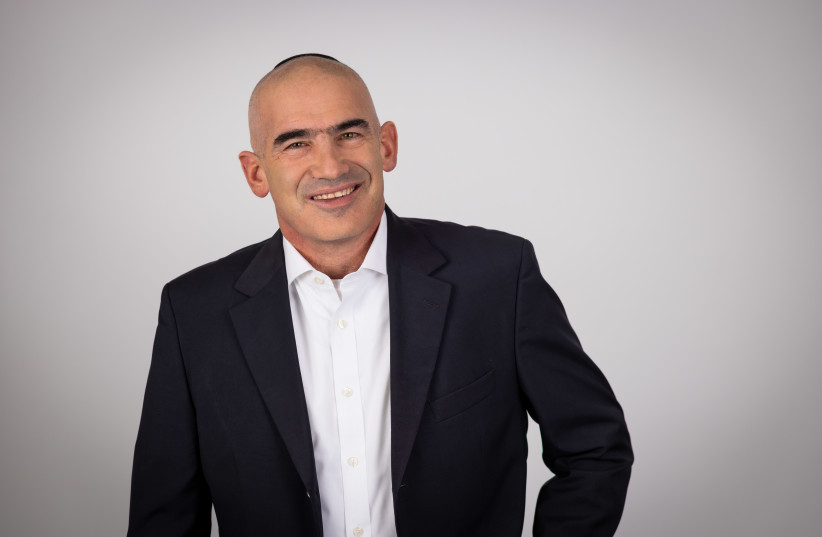Ruby Capital has announced its collaboration with Meitav Dash Investments and Ayalon Insurance Company to finance the Florentine Square Project, one of Israel’s largest non-bank real estate project financing transactions.
Located at the intersection of Herzl and Salame streets in Tel Aviv, the project will comprise four buildings including 200 apartments, 184 stores, 4727 sq.m. of office space and 1,200 sq.m. of warehouses. The project will also conserve the historic building that once served as the headquarters for the “Hagana” paramilitary group in Mandatory Palestine (which later evolved into the modern-day IDF), and will add additional commercial and employment areas covering a net area of 4245 sq.m. occupying a total of six stories.
As part of the deal, Ruby Capital and Meitav Dash will put up the financing for the purchase group while simultaneously also providing the guidance and guarantees required by Cityel Salame Residence, the entrepreneurial company initiating and organizing the project.
“Florentine Square provides a unique opportunity for anyone who wants to live, work, and spend time in Tel Aviv,” said Yaakov Nitzan, co-CEO and partner at Ruby Capital Group. “The financial consulting field is going through a challenging period and requires precision and creativity. This deal comes in addition to other transactions signed and managed by us in recent weeks, exceeding a scope of NIS 2 billion over the last month.”
Since it was co-founded in 2015 by co-CEO Gerson Schapiro and his co-partners Ilan Rubinstein and Andrew Mestel, Ruby Capital has managed credit of over NIS 6 billion. The company enables receipt of financing while providing legal and commercial solutions for completion of the project, including cooperation with the leading institutional bodies and insurance companies in Israel’s economy.

What is the value of non-bank real estate financing in Israel?
In an interview with The Jerusalem Post, Schapiro emphasized the value of a non-bank real estate financing organization in israel. “Ten years ago, probably 80% of real estate financing was done by the banks. Today, maybe 50% is done by the banks,” he said. “Players like us are able to be a little more creative than traditional channels in how we structure deals.”
“Players like ourselves are able to be a little more creative than traditional channels in how we structure deals.”
Gershon Schapiro
Schapiro, an oleh (immigrant) from the US with several entrepreneurial ventures under his belt, has dedicated much effort toward establishing a transparent and reliable firm. “It took us a year before we did our first deal; you have to understand how the local market works before you can start doing business,” he said.
“When we started, there was no transparency [among] other non-bank lending groups. We decided that we were going to come into the market and build our business with the same DNA that we would if we were in the States,” Schapiro said. “I look at it at Start-Up Nation in reverse: Instead of developing something here and trying to apply it overseas, we’re bringing our habits from growing up overseas to see how we can develop the real estate market here.”
